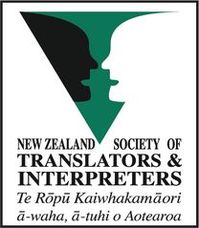Genuine Relationship: Pure Adaptation
DOI:
https://doi.org/10.26686/neke.v1i1.4829Abstract
The present research attempted to focus on the concept of adaptation (in theatre) from the perspective of Walter Benjamin’s philosophical concept of pure language firstly introduced in 1923. In so doing, three adapted into Persian performed plays Marg-e Foroushandeh (Borhani Marand, 2015), Ghat-e Dast dar Spokan (Khojasteh, 2015), and Pish az Sobhaneh-ye Jadali (Rezaee, 2016) were studied along with their English written source playtexts Death of a Salesman, A Behanding in Spokane and Before Breakfast, respectively by Arthur Miller, Martin McDonagh and Eugene O'Neill. In each case, the source playtext and its adapted performed play had to be seen as the two main fragmentary languages detached from a larger whole in the fall from grace. Using Ladoucer’s (1995) model of dramatic text translation, the alterations carried out in the main verbal and nonverbal text components (speech lines/dialogues and stage directions) were studied to see which performances were deserved to be considered as purely adapted ones. Finally, the results indicated that not all the transposed performances could be seen as pure adaptations rooted in creativity in its true sense, occupying a middle position between dependency and deviation.

2.jpg)




.jpg)
